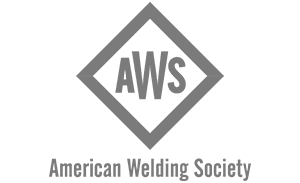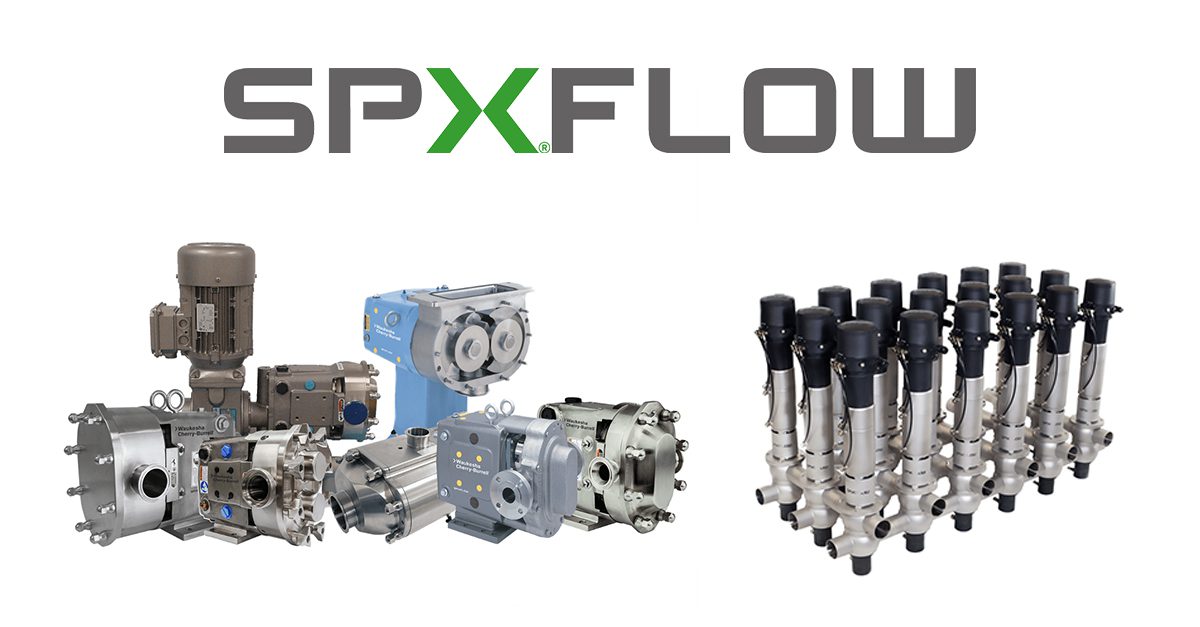Sanitary Gauge Guard Isolators, Protectors, and Envelope Gaskets- Three Products to Keep in Mind for Your Next Sealing Application
At Holland, we see unique process demands from our customers every day. Whether it’s handling extremely caustic fluids or hydrocarbons, effecting a seal that both assures process integrity and protects operators is essential. Carrying on with our product focused Tuesday’s, today we will highlight two problems we see every day and the solutions we offer.
First we are going to look at Teflon envelope gaskets. Have you ever tried to clamp a 4” Teflon, or Polytetrafluoroethylene (PTFE), gasket in between two sanitary flanges? It’s not easy. Teflon gaskets are difficult to seat, tough to seal, and constantly need to be re-torqued. That is because Teflon is not a true elastomer. Elastomers use long chain polymers that crosslink during curing. An elastomer, like FKM or EPDM, derives its elasticity from the ability of the long chains to reconfigure themselves to distribute an applied stress. The covalent cross-linkages ensure that the elastomer will return to its original configuration when the stress is removed. Because of its chemical inertness, PTFE cannot be cross-linked like an elastomer.
What does this mean for sealing? Well, it means that PTFE gaskets have no memory and very little “squish” factor. This can translate to difficulty sealing and process leaks, especially in larger sizes. To combat this, many gasket manufacturers have begun to offer envelope gaskets. Envelope gaskets use an EPDM or FKM core that is sandwiched between PTFE. This gives us the excellent chemical resistance and inertness of Teflon with the memory and sealing capability of an elastomer.
Envelope gaskets seat better than PTFE, offer superior resistance to cold flow and creep, and provide a much more leak-proof seal. They are ideal for both caustic applications where Teflon would traditionally be used, as well as SIP and WFI applications that often utilize EPDM. Envelope gaskets clean well, do not require re-torquing, and can be used for over 100 SIP cycles.
Another issue we see all that time is damage to instrument gauge diaphragms. Instruments are expensive and can be damaged both during processing and routine maintenance. The diaphragm is an integral part of both pressure gauges and level sensors. They are often hand welded, extremely thin, and extraordinarily fragile. Even pushing on the diaphragm with your fingers can cause damage or miscalibration to gauges. We see gauges rendered unusable both from process conditions and routine maintenance and autoclaving where the gauges have been mishandled.
To combat this, two products Holland offers the Sanitary Gauge Guard Isolator and the Gauge Guard Protector. The Gauge Guard Isolator is a standard sanitary gasket with a membrane to isolate gauge diaphragms from damaging process conditions. They do not interfere with gauge operation or accuracy and are compatible with most industry standard gauges, includes the Anderson EL, EK, and EM offerings. They are available in USP Class VI FKM, platinum cured silicone, and EPDM.
While the isolator is designed to protect gauges from the process, the Sanitary Gauge Guard Protector is designed to protect the gauge from operators. During maintenance, gauges are often mishandled. They can be set down on tables, dropped, or even prodded by unknowing operators. The Sanitary Gauge Guard Protector snaps on to standard clamp connections and protects the ferrule face from damage. When combined with the Sanitary Gauge Guard Isolator, these two products will protect process instruments and ensure maximum service life, generating a return on investment.
To conclude, these are process problems we see every day at Holland. Whether it’s leaking seals or damaged gauges, Holland is able to offer a solution to your high purity process needs. For more information about these three product offerings, or any of your process needs, contact a Holland Sales Engineer today.









